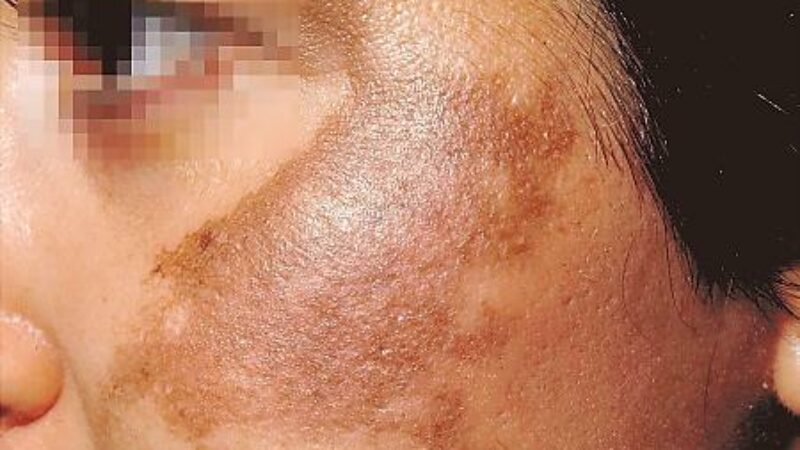May 4th is Melanoma Monday, designated by the American Academy of Dermatology to raise awareness about melanoma and other skin cancers and to promote early detection by educating the public on how to perform self-examinations for malignant moles and skin growths.
The ABC’s of early detection have been key to prevention and successful treatment of melanoma, the fastest growing and most deadly form of skin cancer. However, when caught early, melanoma is also highly treatable with impressive survival rates.
While surgical removal of the malignant moles is currently the first step in successful treatment, two new therapies within the last 5 years have shown great promise in treating patients with advanced melanoma:
Targeted Therapy: Involves drugs developed to specifically target and “turn off” cancer genes (known as BRAF mutations) by blocking their reproduction and thus slowing down the growth of the melanoma cells. Although BRAF inhibiting drugs have proven to be initially effective, studies have shown that melanomas eventually develop resistance to the drugs.
Immunotherapy: Involves drugs that help the body’s immune system attack the melanoma cells more effectively. Melanoma cells can sometimes go undetected by the immune system or can avoid being recognized as abnormal. New drugs in immunotherapy can boost the body’s ability to identify and destroy cancer cells. Clinical studies have shown that immunotherapy drugs are effective in fewer patients but have longer remission results than targeted therapy.
Clinical trials continue with both these new therapies, where a combination of the two may prove to be the most promising. Until more progress is made and a viable treatment for advanced melanoma is developed, early detection and prevention are still the best ways to beat skin cancer.
For a free skin cancer screening in your area, visit the American Academy of Dermatology’s website here.
There’s no better time than the present.




